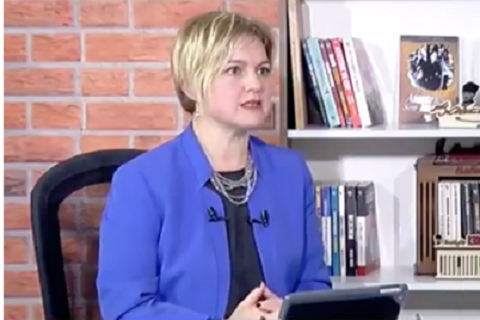“Today we mark the first ever International Equal Pay Day, a welcome UN initiative. Although the gender pay gap is now smaller than it has ever been, we still have a long way to go,” said Selin Sayek Böke (Turkey, SOC), PACE’s rapporteur on socio-economic inequalities.
“The pay gap exacerbates inequality not only today, but also over the long term. Unequal pay for formal work means lower pensions for women, fewer incentives for them to work, and overall more discrimination in the workplace. It also contributes to the social exclusion of working-age women,” she pointed out.
“The European Social Charter (ESC), one of the Council of Europe’s most important texts, obliges signatories to recognise the right to equal pay and equal opportunities in the workplace. This means they should put in place effective and efficient instruments to ensure remedies for victims, set up monitoring bodies, and ensure transparency by requiring accurate data on the gender pay gap to be published,” said the rapporteur.
“Recently, the European Committee of Social Rights (ECSR) – which monitors implementation of the Charter – has found violations of the right to equal opportunities in the overwhelming majority of states which have accepted the Charter’s complaints procedure. I invite all Council of Europe member States to ratify the European Social Charter and I urge those who have done so to implement it effectively. This is the way forward to building a world of true equality,” said Ms Sayek Böke.
“I also urge member States to implement Assembly Resolution 2290 (2019) and Resolution 2235 (2018) implementing anti-discrimination legislation on remuneration and effectively banning salary inequalities for work of equal value, with a view to eradicating the gender pay gap by 2030,” she concluded.
PACE























































